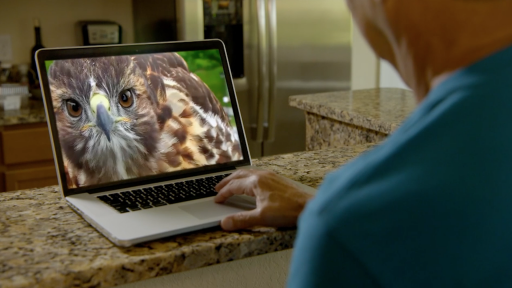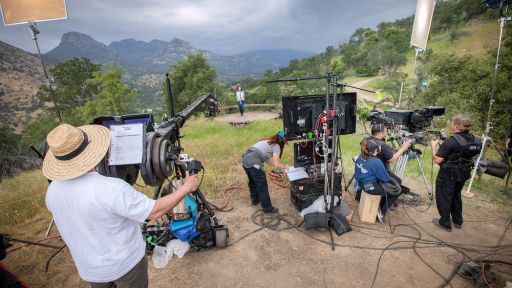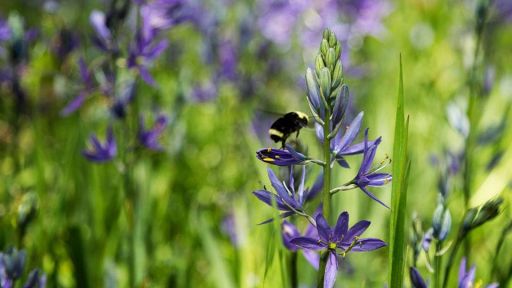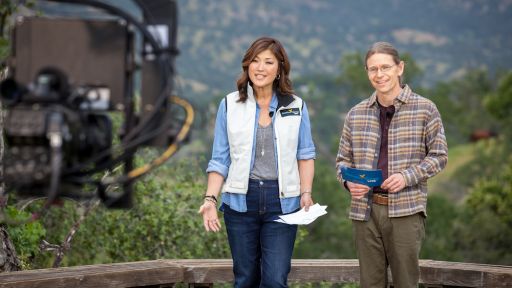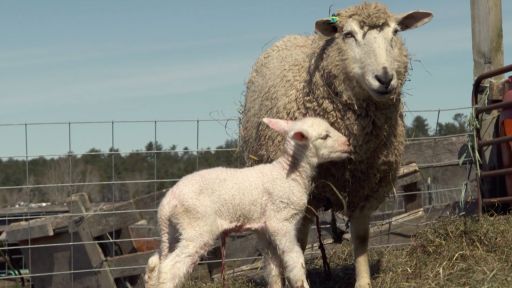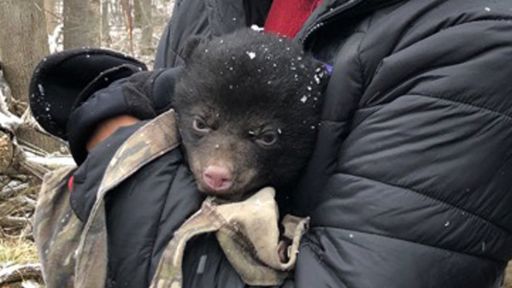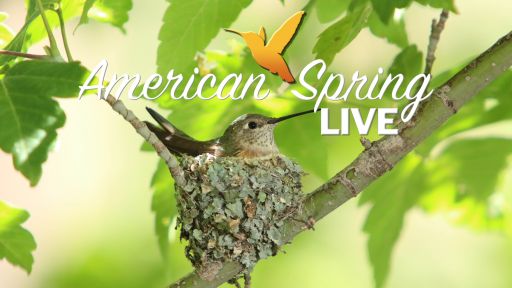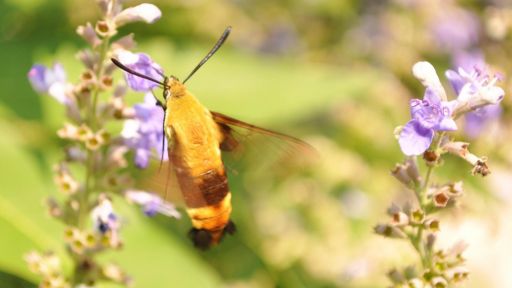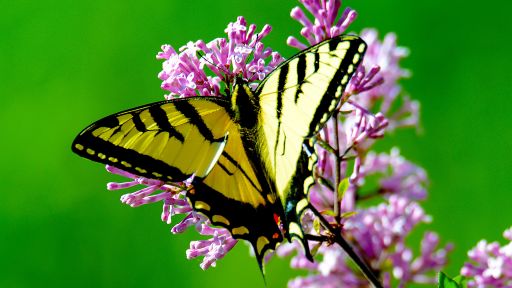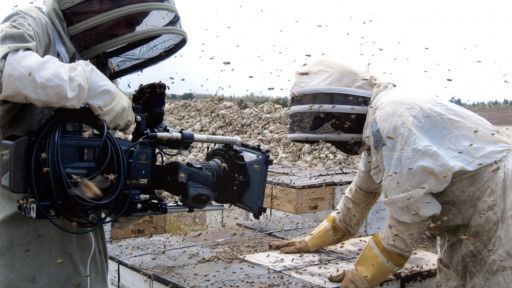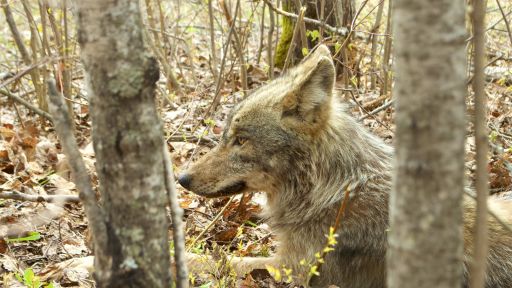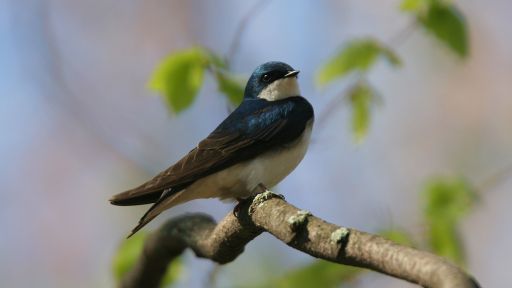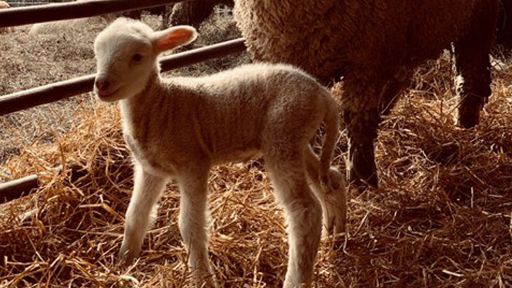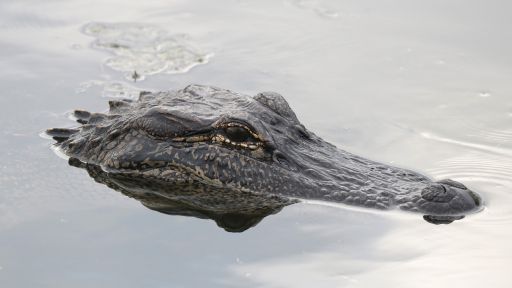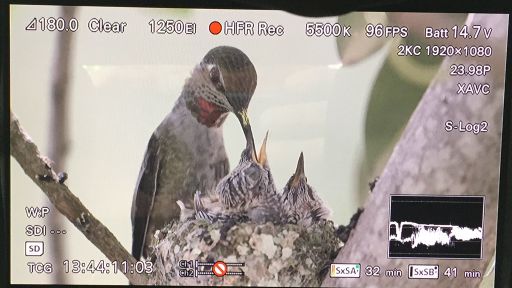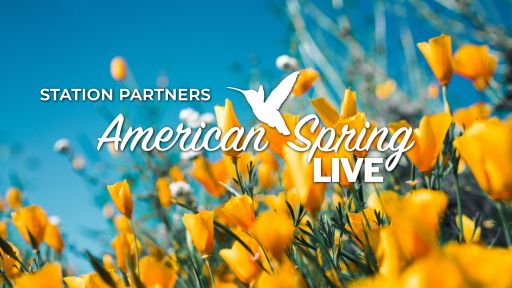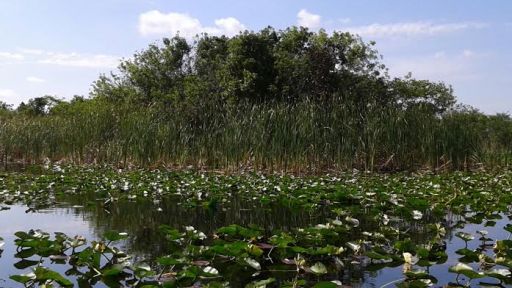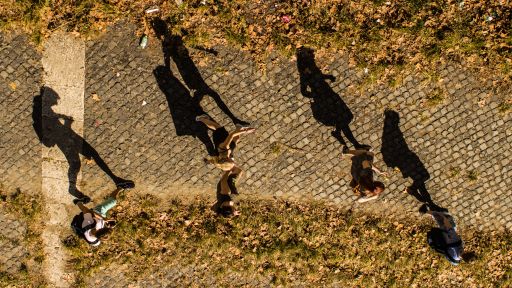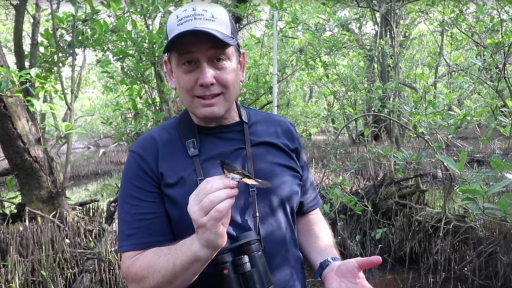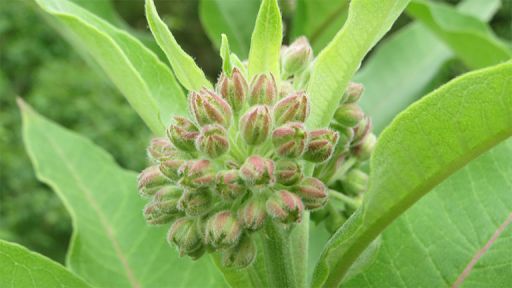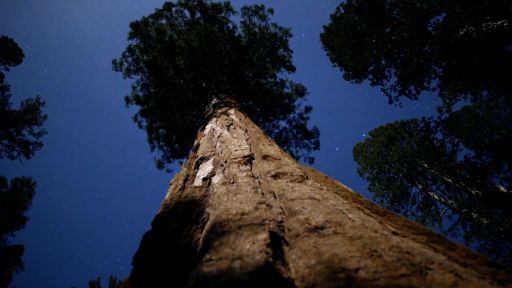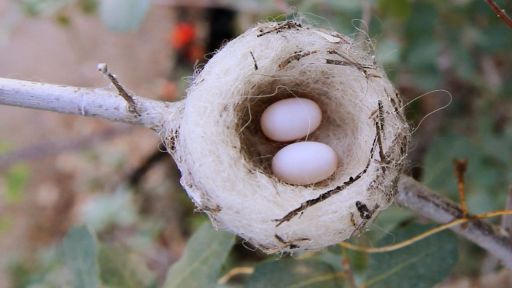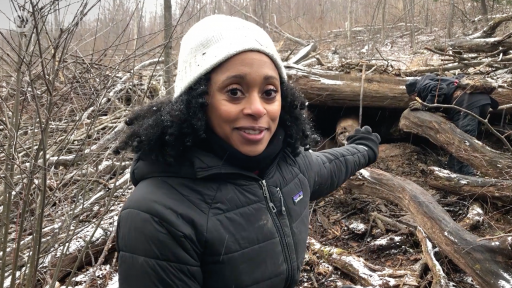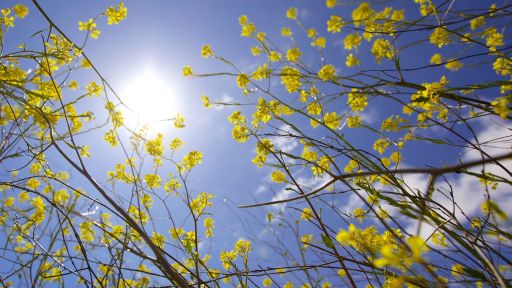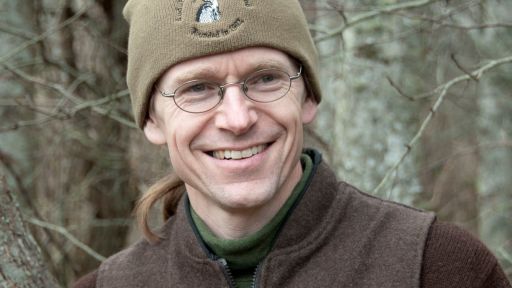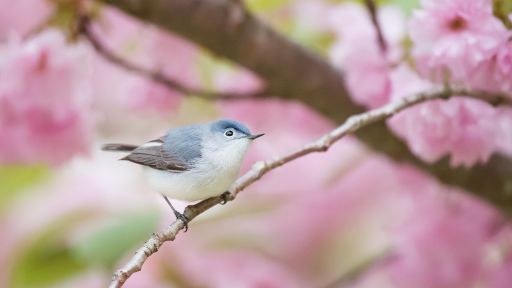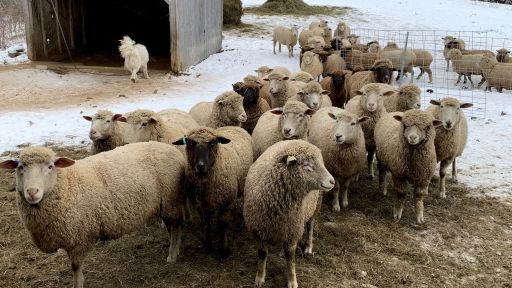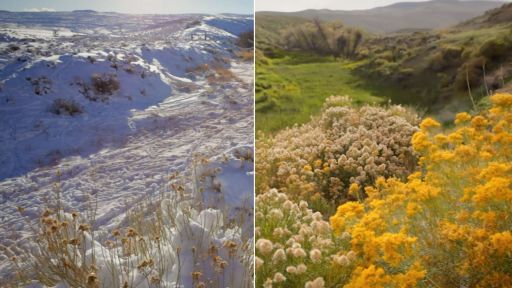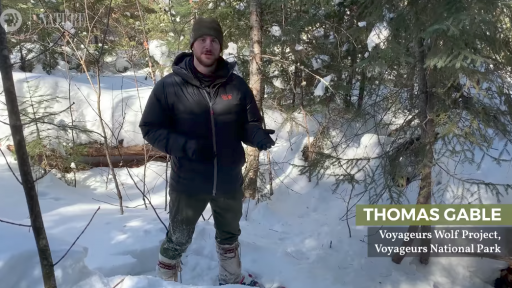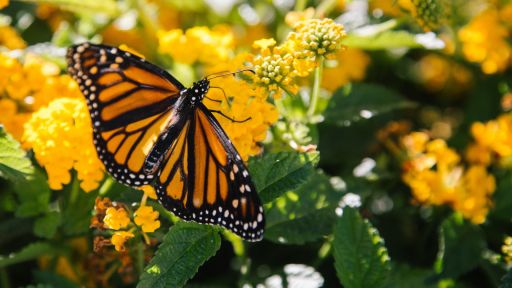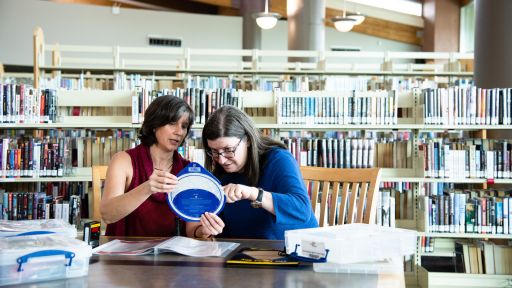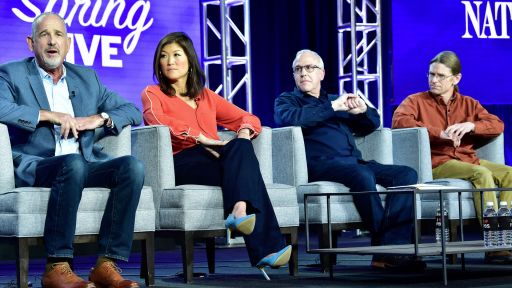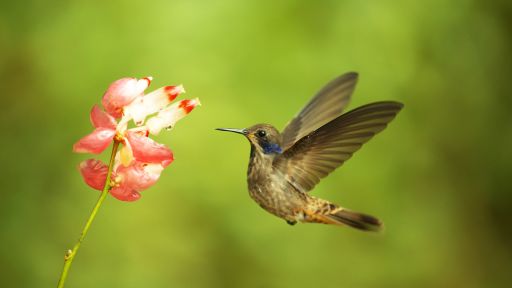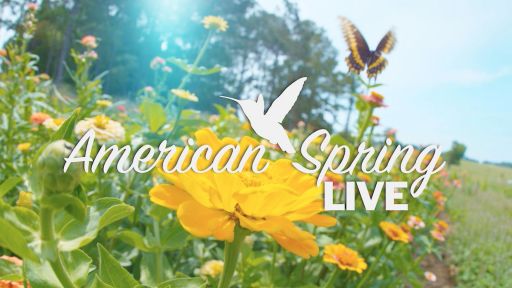Phil Torres is an American scientist, journalist, television host, photographer, and explorer. He has done research and covered science stories in Mongolia, Venezuela, Ecuador, Peru, Sweden, the Arctic, the bottom of the ocean, and the Bahamas, to name a few. You can check out his adventures on “The Jungle Diaries” on YouTube and follow him on Twitter @phil_torres.
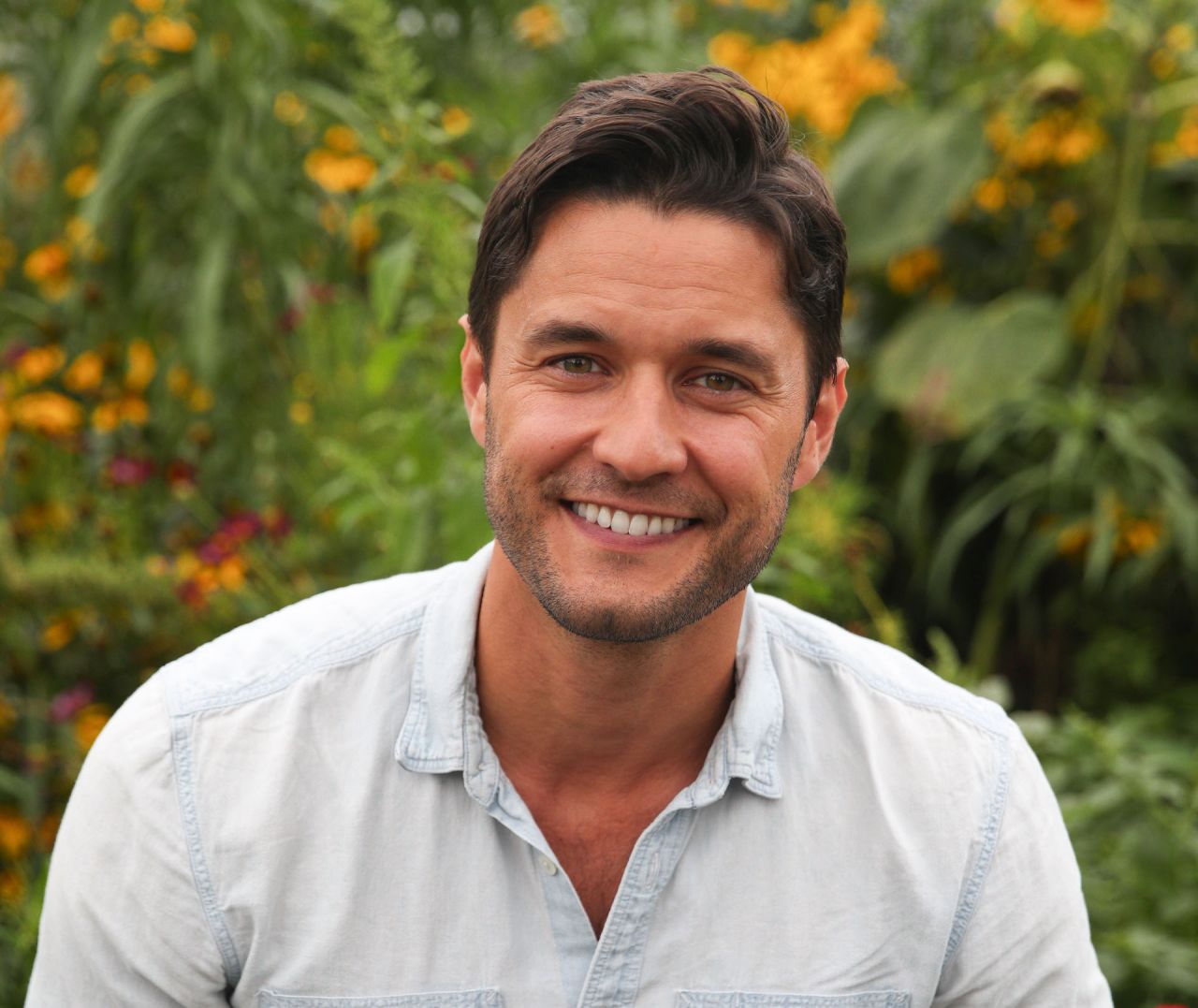
Phil will be the field biologist for American Spring LIVE. Learn more about his involvement below.
Describe your role on American Spring LIVE.
I’ll be the in-the-field host for watching spring happen right in front of our eyes. From seedlings to butterflies to birds, I’ll be tracking down those precious signs of spring in-action for our viewers across America. I’m also going to be interacting with our Facebook audience and showing off what you the viewer have been finding this spring, so I hope to see you on social media!
What are you most excited to show viewers?
As an entomologist, I am a huge fan of butterflies and bees so I can’t wait to track them down in the forests and fields and show off nature as it happens. But mostly, I’m excited to show how interconnected it all is— there are no butterflies without the right plants and flowers, and no birds without the right bugs to snack on! We’ll be filming in one of the most beautiful parts of America and I can’t wait to show our viewers how fascinating and wild our country is if you stop to watch and listen.
The citizen science component of American Spring LIVE is also really exciting; we’re hoping to build up an army of citizen scientists out there willing to get out and enjoy nature while documenting it for science, too.
What are your favorite things about springtime?
My favorite things about springtime are all of the firsts— the first bulbs I see sprouting out of the ground, the first butterfly I see flying overhead, the first migratory bird in the park. All of these are an exciting sign of what’s to come (warmth and wildlife), and as a huge nature nerd, it means I get my binoculars and camera ready to take little adventures around local parks and forests to see what I can find.
What’s something about the change of seasons that people may have a misconception about?
We’re so used to mapping the seasons with our calendars as if they are almost beholden to our yearly schedules, but really spring happens because of the changing amount of both sunlight and sunlight’s energy (heat). Changing daylight and temperatures trigger our plants and animals and other organisms to react based upon how they’ve evolved to react- some respond to increasing light, others to increasing temperatures or precipitation, and then this lovely season known as spring happens before our eyes. It’s easy to forget how important that glowing ball of energy in the sky is to our nature, and because that importance is so deeply embedded in organism’s DNA it can be hard for them to adjust to a drastic change like global warming.
Have you participated in any citizen science projects? Why is citizen science so important?
Now that I do less lab research with institutions here in the US, citizen science projects are my way of still feeling like my time in nature or the garden contributes to the bigger picture and is more than just an observation, but now data. I’m a big fan of contributing photos to iNaturalist, and also have participated in local citizen science projects ranging from snails to reptiles to butterflies.
Citizen science is so important because it really is science! Without all of those photos, records, and observations from the public, the scientists working on these big questions about nature, climate change, and seasons wouldn’t be able to do their job, or at least wouldn’t have as complete a picture.
For National Citizen Science Day on April 13, Phil will be hosting a Facebook Live from the New York Botanical Garden on the PBS Nature Facebook page, Tune in to meet Phil and learn more about citizen science ahead of the broadcast!

